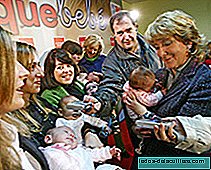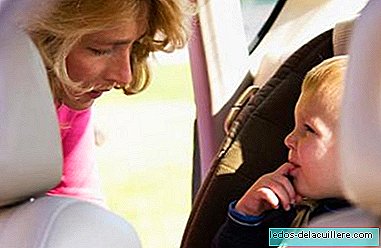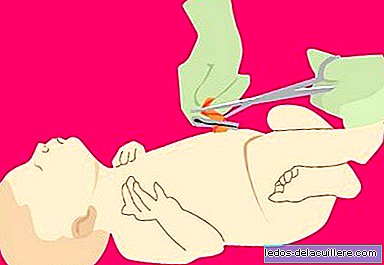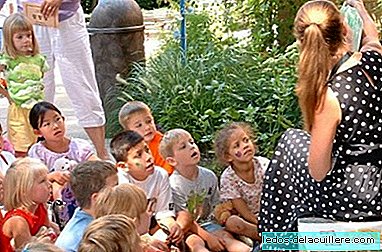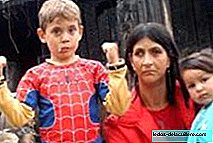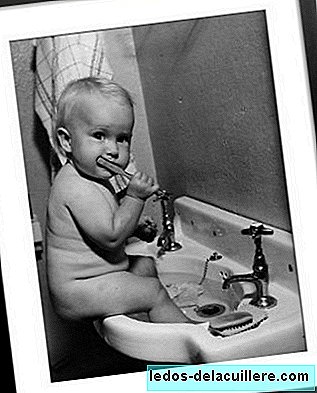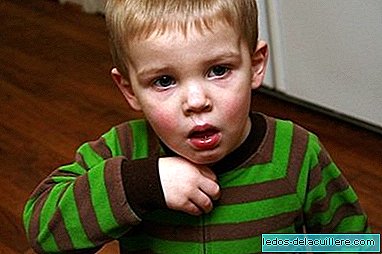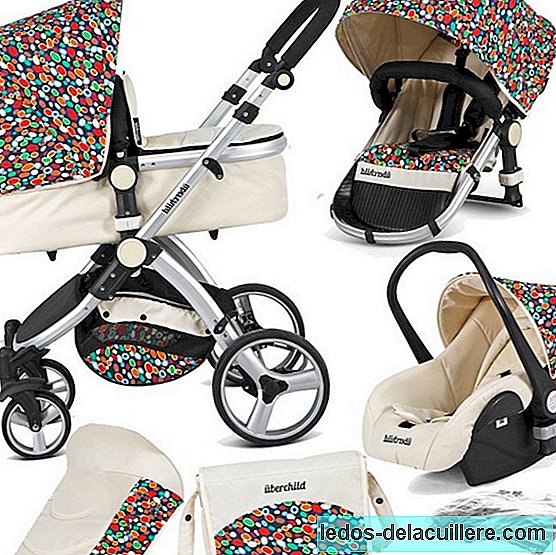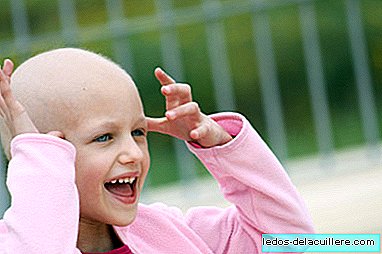
The diagnosis of cancer in a young child is devastating for the whole family. Life stops and everything changes. The first reaction is to ask why children? But when there is no choice but to accept it, what we should keep in mind is that a child with cancer is still a child.
Every year, more than 150,000 new cases are diagnosed in children worldwide (in Spain 1,400 new cases in children under 18) whose lives become a struggle to survive. But it is important that cancer does not hide the essence of the child, but allow you to live your childhood fully, despite the disease. This attitude will help to cope with it with greater optimism.
What is childhood cancer?
Cancer is an abnormal and uncontrolled proliferation (reproduction) of cells that can occur in any organ or tissue. It originates when a group of cells escapes the normal control mechanisms in terms of their reproduction and differentiation.
The most common cancers in childhood are: leukemia (approximately 25%), tumors of the central nervous system (approx. 20%), non-Hodgkin lymphoma (approx. 6%), Hodgkin's disease (5%) and Wilms tumor in the kidney (5%), Ewing's sarcoma and thyroid cancer.
A hopeful fact is that according to the Spanish Society of Pediatric Hemato-Oncology, the 5-year survival rate from 0 to 14 years reaches almost 80 percent. However, it strives to get that rate closer and closer to one hundred percent.
The role of the family
The family is the fundamental pillar of the child and more especially when we talk about vulnerable children such as children with cancer. Although it is very difficult for everyone, it is important to convey to the child a positive attitude towards illness and how to cope with it.
It is not necessary to allow the disease to win the battle to the laughter, the games, the hope and to all those moments in which the children show your children essence.
At home, your choice

This year, the Spanish Federation of Parents of Children with Cancer representing children with cancer and their families demand the right to Home Pediatric Palliative Care.
They consider being at home in the most critical stages of the disease, with their families, friends and in the home environment, a place where they feel safe, would significantly improve their quality of life and that of their families.
Finally, I leave you an optimistic and hopeful video that is part of a charitable fundraising project for the research of childhood cancer organized by the association of fathers and mothers of cancer children "La Cuadri del Hospi".


